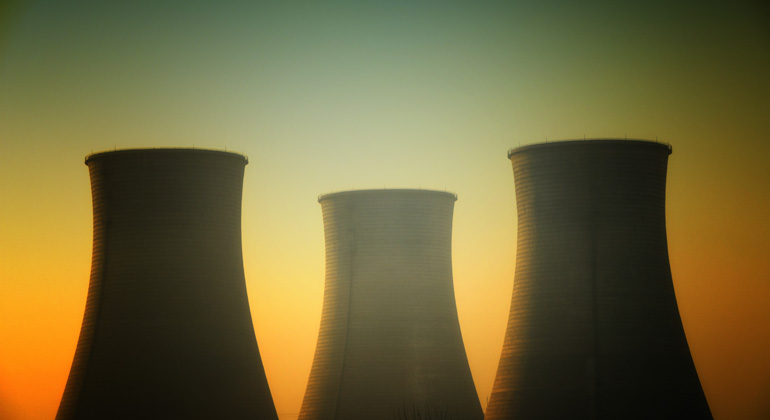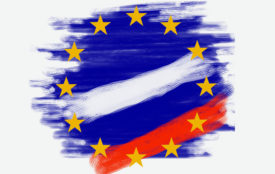Commission presents report on investments in nuclear safety
This is the first report since Fukushima in 2011, focusing on the investments related to post-Fukushima safety upgrades and to the safe operation of existing facilities. In addition, this Nuclear Illustrative Programme (PINC) highlights the estimated financing needs related to nuclear power plants’ decommissioning and to the management of radioactive waste and spent fuel.
The Nuclear Illustrative Programme provides a basis for discussion and aims to include all stakeholders, especially civil society, in the discussion on the role of nuclear energy trends and related investments for the period up to 2050.
While EU countries are free to decide their energy mix, the Energy Union Strategy and the European Energy Security Strategy stressed that EU countries who decide to use nuclear energy in their own energy mix have to apply the highest standards of safety, security, waste management and non-proliferation as well as diversify their nuclear fuel supplies.
Vice-President responsible for Energy Union, Maroš Šefčovič said: “Based on Member States input, the Nuclear Illustrative Programme of the Commission provides a useful photograph of the whole lifecycle of nuclear power in Europe: from the front-end of fuel fabrication, to safety upgrades and long-term operations, to the back-end of the cycle, including waste management and decommissioning. The PINC contributes to the implementation of the Energy Union strategy, by looking into relevant Member States’ investments from the perspective of safety, security of supply, diversification, technological and industrial leadership”
Commissioner for Climate Action and Energy, Miguel Arias Cañete said: “Five years after the accident at Fukushima Daiichi, Europe has learnt the lessons. The Nuclear Illustrative Program brings together for the first time an overview of all investment aspects of nuclear energy in a single document. It thus contributes to the public discussion on nuclear matters. Together we should be able to identify ways to cooperate across Europe to ensure that knowledge about the safest use of nuclear power plants is shared, rather than done separately by each regulator, and that the management of radioactive waste is secured financially by Member States until its final disposal.“
Today, the Commission also presented a recommendation to EU countries concerning the application of Article 103 of the Euratom Treaty. The recommendation requires EU countries to have the Commission’s opinion on agreements with non-EU countries on nuclear matters (Intergovernmental Agreements) before concluding them. This recommendation aims to make that process more efficient by clarifying the key aspects and requirements that EU countries have to take into account when negotiating such agreements, in particular regarding the new directives on nuclear safety and the safe management of spent fuel and radioactive waste. The application of this recommendation should reduce the need for the Commission to object to the conclusion of agreements, and thereby reduce the risk of delay in their conclusion.








